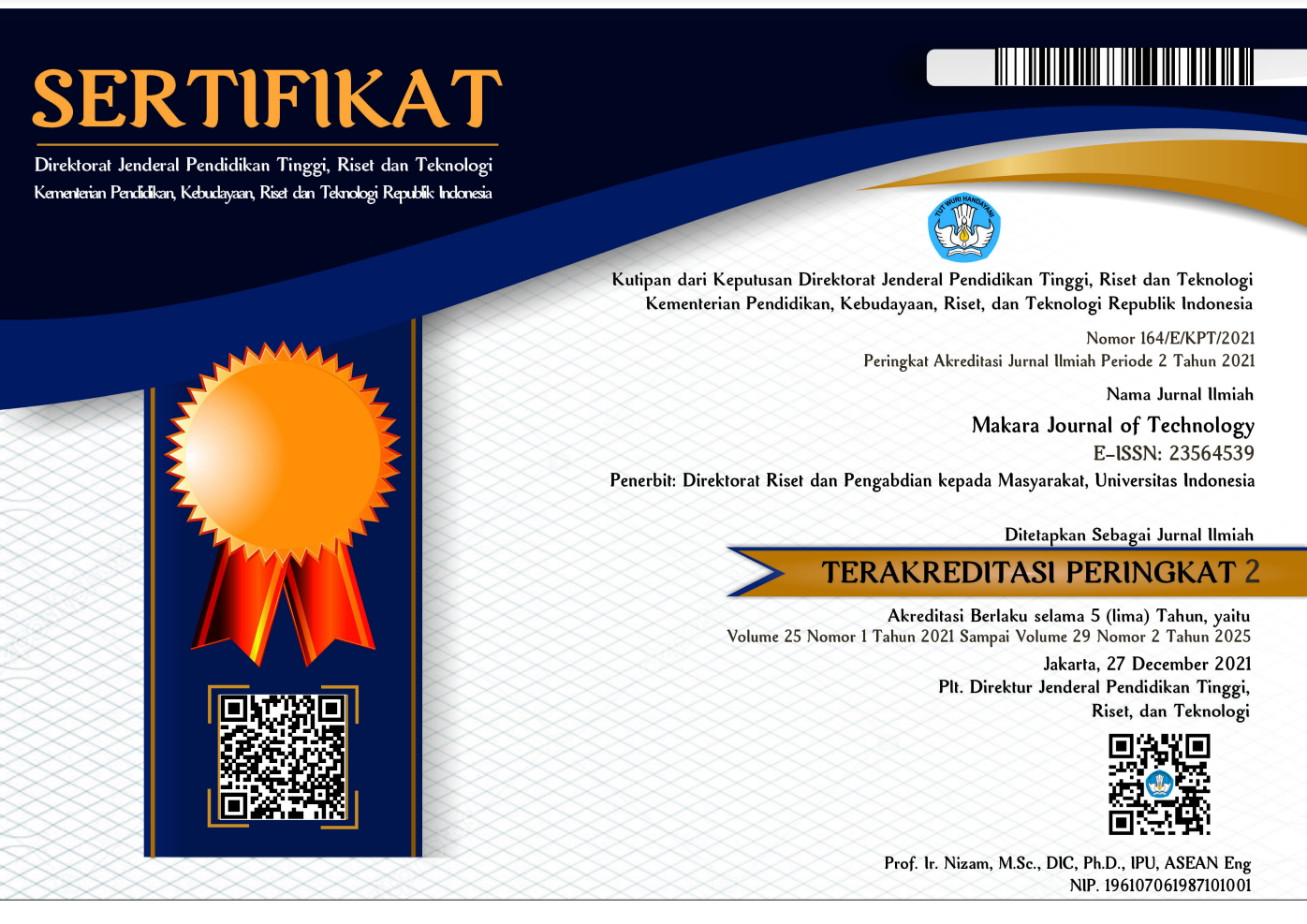Abstract
Reverse logistics social responsibility is preferred as the most acceptable solution for addressing the challenges in stakeholders’ debate regarding social responsibility in supply chains because it involves as many actors as possible in the supply chain to perform social responsibility to achieve sustainability. This paper explores the challenges in achieving optimal policies in sustainability dimensions for collection and recycling facilities in reverse logistics. Sustainability dimensions include economic, environmental, and social aspects. The reverse logistics is modeled on System Dynamics, and a simplified statistical analysis using a contour chart is employed in numerical experiments. Results show a narrow area of optimal solutions in contour charts for policy parameter settings to realize sustainability. Therefore, this paper finds that optimization of reverse logistics to develop sustainability is a highly challenging task for policy makers. Therefore, managers must carefully study their policies before implementation to avoid unnecessary and less optimal performance in the sustainability dimensions.
References
- D.A. Baden, A.I. Harwood, D.G. Woodward, Eur. Manag. J. 27/6 (2009) 429.
- Y. Barlas, Syst. Dyn. Rev. 12/3 (1996) 183.
- F. Ciliberti, P. Pontrandolfo, B. Scozzi, J. Cleaner Prod. 16/15 (2008) 1579.
- J.M. Cruz, Int. J. Prod. Res. 51/13 (2013) 3995.
- J.W. Forrester, P.M. Senge, Test of building confidence in system dynamics models. System Dynamics Group, Alfred P. Sloan School of Management, Massachusetts Institute of Technology, Cambridge, Massachusetts,1979.
- P. Georgiadis, E. Athanasiou, Eur. J. Oper. Res. 202/2 (2010) 420.
- P. Georgiadis, E. Athanasiou, Eur. J. Oper. Res. 225/1 (2013) 44.
- P. Georgiadis, M. Besiou, J. Cleaner Prod. 16/15 (2008) 1665.
- P. Georgiadis, D. Vlachos, Eur. J. Oper. Res. 157/2 (2004) 449.
- P. Georgiadis, D. Vlachos, G. Tagaras, Prod. Oper. Manag. 15/4 (2006) 514.
- E. Gilberthorpe, G. Banks, Resour. Policy. 37/2 (2012) 185.
- V. Griskevicius, J.M. Tybur, B. Van den Bergh, J. Pers. Soc. Psychol. 98/3 (2010) 392.
- C.-F. Hsueh, M.-S. Chang, Eur. J. Oper. Res. 190/1 (2008) 116.
- Ni, D., & Li, K. W. International Journal of Production Economics, 138/2 (2012) 303.
- J.D. Sterman, Syst. Dyn. Rev. 18/4 (2002) 501.
- S. Sudarto, K. Takahashi, K. Morikawa, Asia-Pa. J. Ind. Manag. 1 (2014) 30.
- S. Sudarto, K. Takahashi, K. Morikawa, Int. J. Prod. Econ. 190 (2017) 45.
- S. Sudarto, K. Takahashi, K. Morikawa, K. Nagasawa, J. Cleaner Prod. 133 (2016) 28.
- D. Vlachos, P. Georgiadis, E. Iakovou, Comp. Oper. Res. 34/2 (2007) 367.
- M.C. Wilson, Transport. Res. E. 43/4 (2007) 295.
- B. Alkhayyal, Sustainability. 11/7 (2019) 2097.
- A. Sapkauskiene, S. Leitoniene, Eur. Sci. J. 1 (2014) 237.
- M. Fajar, J. Legal, Eth. Regul. Iss. 21/3 (2018) 1
Recommended Citation
Sudarto, Sumarsono; Takahashi, Katsuhiko; and Dewo, Mochammad
(2023)
"Challenges in Optimization for the Performance on Sustainability Dimensions in Reverse Logistics Social Responsibility,"
Makara Journal of Technology: Vol. 27:
Iss.
2, Article 5.
DOI: 10.7454/mst.v27i2.1445
Available at:
https://scholarhub.ui.ac.id/mjt/vol27/iss2/5
Included in
Chemical Engineering Commons, Civil Engineering Commons, Computer Engineering Commons, Electrical and Electronics Commons, Metallurgy Commons, Ocean Engineering Commons, Structural Engineering Commons



